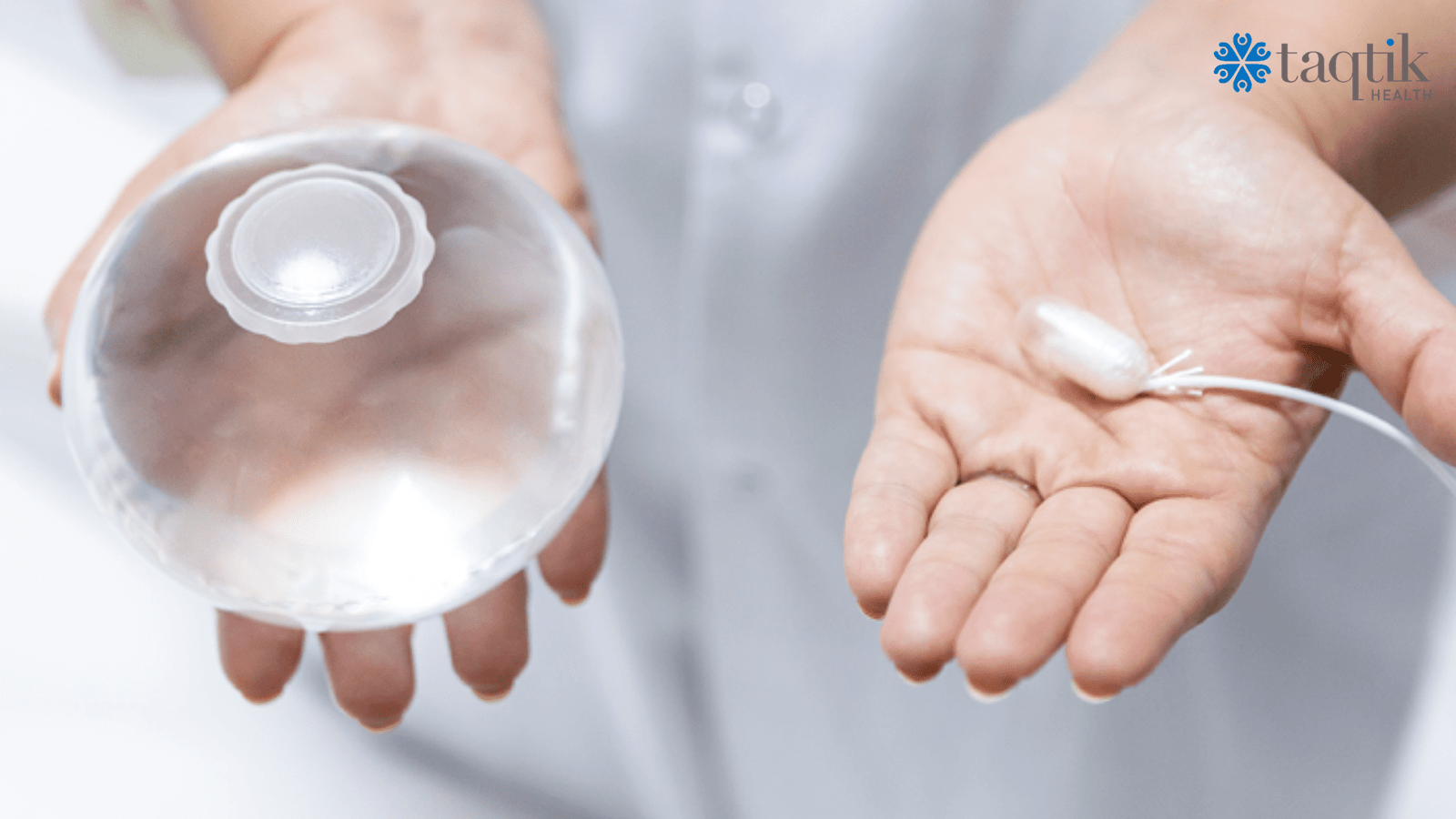The Key to Sustainable Health: Customized Lifestyle Management for Long-Term Weight Maintenance
In the pursuit of sustainable health and effective weight maintenance, the importance of personalized lifestyle management cannot be overstressed. Unlike generic health advice and one-size-fits-all diet plans, customized lifestyle management tailors health and nutritional strategies to the individual's unique needs, preferences, and medical history. This approach not only enhances the effectiveness of weight maintenance efforts but also promotes long-term well-being and disease prevention.
Understanding Customized Lifestyle Management
Customized lifestyle management involves a holistic assessment of an individual's health status, including factors such as age, gender, genetic predispositions, current health conditions, and lifestyle choices. This information is used to develop a personalized health plan that addresses diet, exercise, sleep, stress management, and other lifestyle factors critical to the individual's health outcomes.
The Role of Technology in Personalized Health
The advent of digital health technologies has revolutionized personalized health care. Wearables, health apps, and telehealth platforms offer unprecedented access to health data, enabling continuous monitoring and real-time adjustments to one's health plan. For instance, wearable devices can track physical activity, sleep patterns, and heart rate, providing valuable insights for tailoring exercise and sleep interventions.
The Science Behind Customization
Research underscores the effectiveness of personalized health interventions. A study published in the Journal of the American Medical Association (JAMA) demonstrated that individuals who followed a diet and exercise program tailored to their genetic makeup lost significantly more weight than those on standard programs. This supports the notion that personalized health strategies can lead to better health outcomes.
Integrating Nutrition and Physical Activity
Customized lifestyle management emphasizes the synergistic role of diet and physical activity in achieving and maintaining optimal health. Nutritional plans consider individual dietary needs, allergies, and preferences, while physical activity recommendations are based on the individual's fitness level, goals, and any physical limitations.
The Impact on Long-Term Health and Weight Maintenance
The long-term benefits of customized lifestyle management are profound. By addressing the root causes of weight gain and implementing sustainable lifestyle changes, individuals can achieve lasting weight maintenance and reduce their risk of chronic diseases such as diabetes, heart disease, and obesity-related conditions.
Conclusion
Customized lifestyle management represents a paradigm shift in the approach to health and weight maintenance. By leveraging individualized assessments and the latest in health technology, personalized lifestyle management offers a promising path to sustainable health outcomes and improved quality of life.
For those seeking to embark on a journey toward better health, the key lies in embracing a customized approach that considers the uniqueness of each individual. As the field of personalized health continues to evolve, it promises to unlock new potentials in healthcare, empowering individuals to take control of their health in ways never before possible.
References
- "Tailoring Lifestyle Interventions to Genetically Informed Profiles for Weight Loss: A Randomized Controlled Trial," Journal of the American Medical Association (JAMA).
- "Digital Health Technologies: Opportunities and Challenges in Personalized Health," Journal of Medical Internet Research (JMIR).
- "The Role of Diet and Exercise in Weight Management: Integrating the Evidence," Nutrition Reviews.
By focusing on the individual rather than the masses, customized lifestyle management offers a more effective, sustainable approach to health and weight maintenance.









